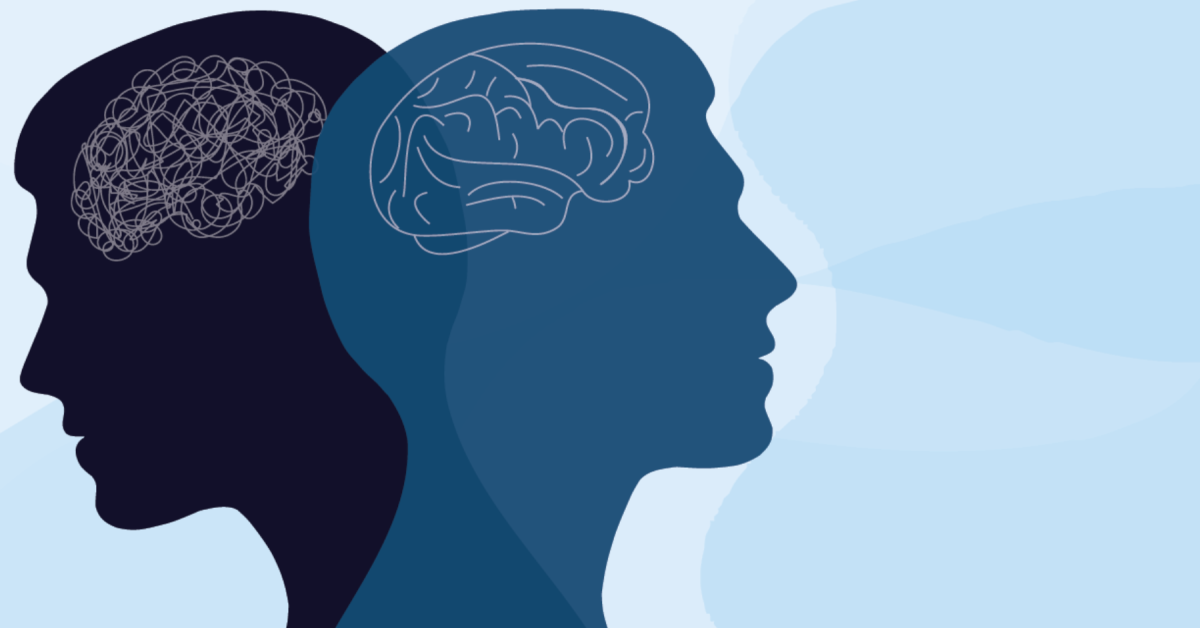Efficient Mental Health Services: Solutions for each Scenario
Efficient Mental Health Services: Solutions for each Scenario
Blog Article
Comprehending the Effect of Exercise on Mental Health and Total Wellness
Past its physical benefits, the effect of exercise on one's mental wellness has actually been a topic of growing passion and research - Mental Health Services. As we navigate with the intricacies of this relationship, a deeper understanding of how exercise affects our psychological state and overall health arises, shedding light on the profound implications it holds for our everyday lives and long-lasting wellness.
Advantages of Exercise on Mental Health And Wellness

Routine physical workout has been revealed to considerably boost mental health and wellness end results in individuals of all ages. Involving in normal exercise not just benefits physical wellness yet also plays a vital duty in improving psychological health.
In addition, exercise has actually been linked to enhanced cognitive function and general brain health and wellness. Furthermore, workout advertises much better rest patterns, which are crucial for maintaining good mental health.

Connection In Between Workout and Stress
Workout serves as a potent system for relieving stress and promoting psychological health by facilitating the release of endorphins and promoting a feeling of leisure and restoration. Workout advertises the production of endorphins, frequently referred to as the body's natural pain relievers, which act as state of mind lifts and anxiety reducers.
Participating in exercise additionally offers a diversion from everyday stress factors, enabling people to concentrate on the existing moment instead than ruminating on sources of tension. Furthermore, exercise can improve self-confidence and confidence, offering a feeling of achievement and control that can deal with feelings of helplessness typically connected with anxiety. By integrating exercise into a regular routine, people can properly take care of stress and anxiety degrees, bring about enhanced mental well-being and overall lifestyle.
Influence of Workout on Mood
Taking part in exercise has been shown to significantly affect one's mood and psychological well-being. The partnership between exercise and mood is well-documented, with countless researches highlighting the favorable impacts of exercise on mental wellness. When we take part in exercise, our bodies launch endorphins, generally called "feel-good" hormones, which can aid ease feelings of stress, clinical depression, and stress and anxiety. In addition, regular workout can lead to enhanced self-esteem and a sense of success, which can even more boost one's overall state of mind.
Moreover, the impact of exercise on state of mind expands past just the prompt post-workout period. Research suggests that people who preserve a constant workout regimen are most likely to experience long-term renovations in their mood and emotion. This can be attributed to the structural changes in the brain that happen as an outcome of normal physical activity, such as increased connectivity between brain regions accountable for regulating feelings.
Workout and Cognitive Function
Many research studies have demonstrated the considerable effect of physical activity on cognitive function, highlighting the detailed connection in between exercise and mental processes. Involving in routine exercise has actually been shown to enhance various aspects of cognitive function, including memory, attention period, problem-solving skills, and total mental skill.
Furthermore, regular exercise has been connected to a decreased risk of cognitive decrease and neurodegenerative diseases such as Alzheimer's. Researches suggest that people who preserve an energetic lifestyle throughout their lives experience slower prices of cognitive decline contrasted to those who are inactive. Overall, the proof overwhelmingly sustains the notion that routine workout is not only advantageous imp source for physical wellness however additionally plays an important duty in protecting and boosting cognitive function.
Methods for Incorporating Exercise
Taking on a structured technique to integrating physical activity into day-to-day regimens can substantially enhance the probability of keeping a regular workout routine. In addition, including workout right into existing regimens, such as strolling or cycling to work, taking the staircases instead of the elevator, or organizing normal workout sessions, can aid make physical activity a habitual component of day-to-day life.
Another beneficial tactic is to discover tasks that are enjoyable. Whether it's dancing, swimming, biking, or yoga, taking part in activities that bring enjoyment raises the chances of sticking to the exercise regimen over time. Varying the kinds of exercises and setting apart time for both aerobic and strength-training activities can prevent dullness and supply an all natural strategy to physical health and fitness.
Incorporating workout into social activities, such as joining a sports team or workout team, can likewise foster a feeling of neighborhood support and liability, making it much easier to remain devoted to normal exercise. By implementing these techniques, individuals can produce a sustainable and meeting workout routine that promotes mental health official statement and total wellness.
Final Thought
To conclude, exercise has numerous benefits for mental wellness and overall health. It can help in reducing anxiety levels, improve mood, and boost cognitive feature. Integrating regular physical activity right into one's routine is necessary for promoting mental health. By recognizing the effect of exercise on psychological wellness, individuals can take proactive steps to prioritize their exercise and reap the positive impacts on their mental and psychological state.

Report this page